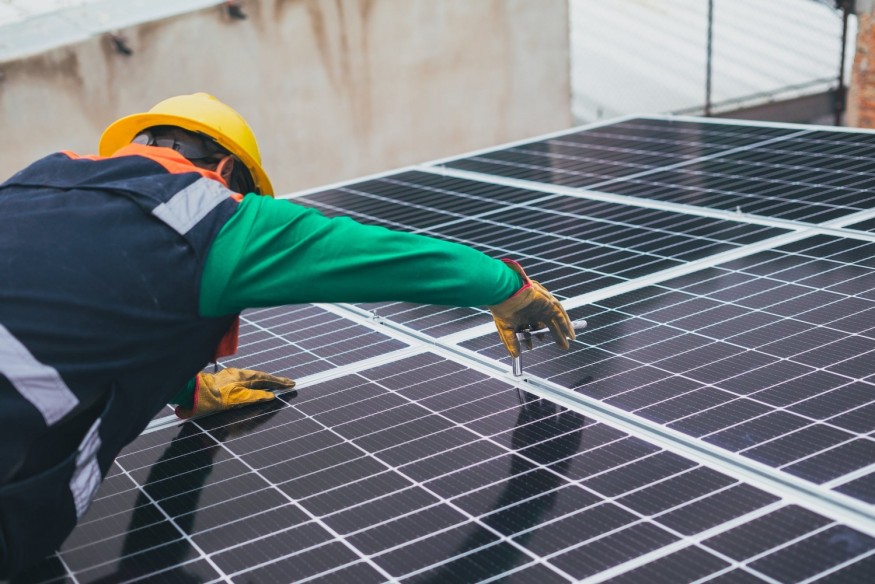
Activists and environmental groups have filed a lawsuit against the government of Puerto Rico over the planned site of renewable energy projects aimed at addressing the US territory's power issues.
The lawsuit claimed that the projects would be developed on environmentally sensitive and high agricultural value lands, in contravention of local legislation.
They are requesting that a judge stop local government agencies from allowing projects on such places, instead suggesting that they be installed on rooftops, parking lots, decommissioned landfills, and previously contaminated fields.
"The loss of prime agricultural land to install solar projects of an industrial magnitude is a serious attack on the food security of Puerto Rico, which is already in precarious condition," David Sotomayor, a soils professor at the University of Puerto Rico, said in an interview.
The case
The organizations sought a writ of mandamus in San Juan Superior Court to prevent the Puerto Rico Energy Bureau, the Puerto Rico Planning Board (JP, in Spanish), the Puerto Rico Permits & Endorsements Management Office (OGPe, in Spanish), the Department of Economic Development and Commerce (DDEC, in Spanish), and the Commonwealth government from authorizing industrial energy projects in agricultural reserves.
Puerto Rico's Energy Bureau has approved 18 projects on more than 2,000 hectares of special agricultural reserve and specially protected rustic territory.
They argue that public policy rules clearly identify disused landfills, contaminated fields, parking lots, and roofs as ideal places for renewable energy installations.
The groups warn that "the consideration of probably more than 80 renewable energy industrial projects remains, without first identifying the location and suitable places," as required by the Energy Public Policy Act and the Energy Transformation and Relief Act.
"Despite the clear text of the aforementioned laws, the PREB has approved power purchase contracts for 18 renewable energy industrial projects that are intended to be located illegally in the Special Agricultural Reserve, and will be considering some 80 additional industrial projects without first identifying the suitable locations in accordance with the law, without considering the location, without considering the conclusions that the DDEC must submit and without excluding the Special Agricultural Reserve lands," the lawsuit states.
Read Also : Is Renewable Energy Really Green?
Approved renewable projects
The complaint comes as the Puerto Rican government prepares to evaluate hundreds of additional renewable energy projects in an effort to reduce the island's reliance on oil.
According to the US, petroleum contributes for approximately 60% of the island's energy use, followed by natural gas at 28%, coal at around 12%, and renewables at only 2%. Administration for Energy Information.
As a result, Puerto Rico's power costs are among the highest of any US jurisdiction.
Recent rules require Puerto Rico to source 40% of its energy from renewable sources by 2025, and 60% by 2040.
The renewable energy initiatives are part of an effort to repair the island's electricity grid after Hurricane Maria destroyed it in September 2017, with the island still experiencing power disruptions.
"We favor renewable energy, but not to the detriment of land of high ecological value and agricultural reserves in the largest productive places," said Marissa Reyes, from the Boricuá Organization for Eco-Organic Agriculture Inc.
Related Article: 1st Quarter of 2022 Marks a Monumental Win for Renewable Energy in the US
Related Video:
© 2025 NatureWorldNews.com All rights reserved. Do not reproduce without permission.





